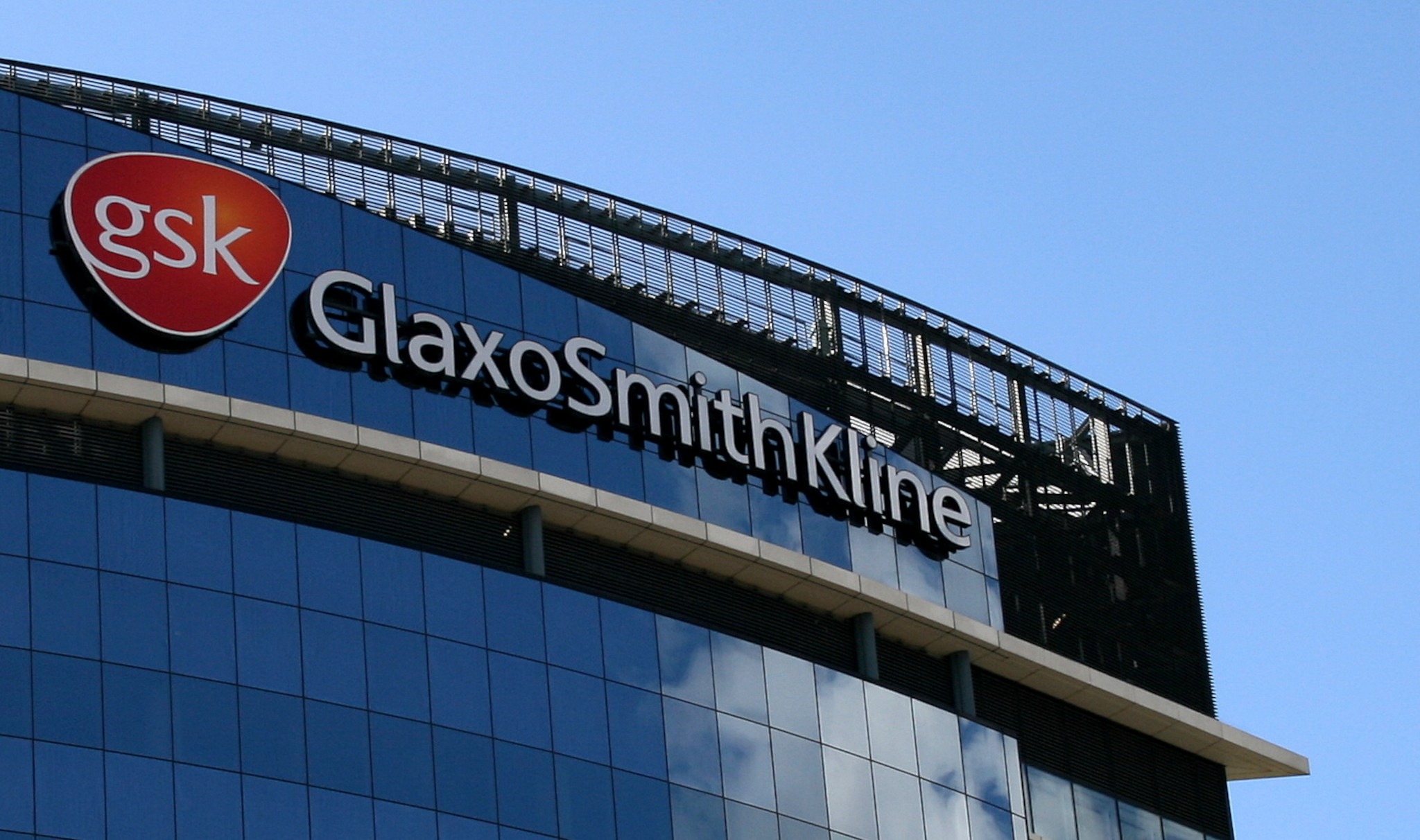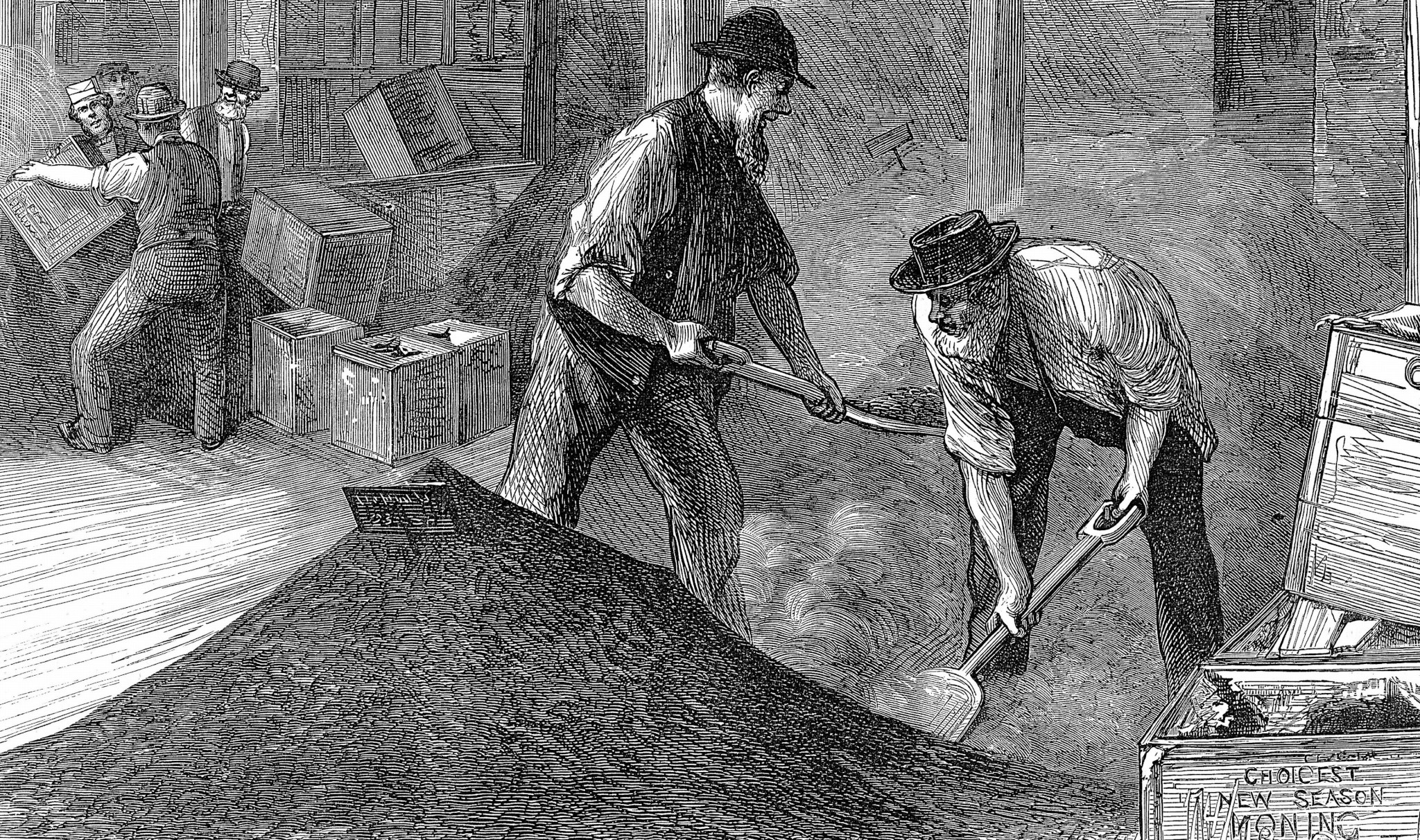Over the last decade, NHS England spent £13bn on just ten super-expensive drugs.
The list includes medicines which treat cancer, blood clots and one anti-inflammatory drug called Humira which is used to treat arthritis and crohn’s disease. That alone cost the NHS £2.7bn over the 10 years.
The cost of producing each of these drugs was a tiny fraction of that price. Experts estimate Humira could be produced for somewhere between 3 and 8% of the price the NHS paid – and that includes a reasonable profit for the producer.
Given Pharma giant AbbVie, the producer of Humira, has sold more than $200bn worth of the drug globally, its profits are huge.
But then, this is a highly profitable industry. Since 1999, drug companies have enjoyed more than three times the average profit margin of the average US company.
Between 2016 and 2020, the top 14 drug companies – a list that includes household names like Pfizer and Johnson & Johnson, as well as British corporation GSK – handed more than half a trillion dollars to their shareholders.
In fact, the story gets even more alarming when you realise that AbbVie didn’t invent Humira.
Rather, it is based on technology developed at Cambridge University, with the drug itself created by a spin-off company. AbbVie effectively bought the rights to produce the drug, spent a long time working out how to extend its monopoly, and jacked up the price.
The story is not a one-off. In researching my new book, I discovered a great myth at the heart of the way we make medicines. We still assume the drug giants, despite all the scandal and profiteering, actually invent the medicines that keep us healthy. Actually they do no such thing.
In reality, the corporate behemoths behave more like hedge funds than medical research companies, buying up intellectual property and doing everything they can to squeeze profit from it, whatever the cost to society at large.
Big pharma
“Big Pharma” emerged in the post-war period as companies specialising in different parts of the medicine supply chain merged into single corporations, able to take care of every step of the medical research process from research to the marketing of drugs.
A series of blockbuster discoveries, including antibiotics, steroids, vitamin supplements and tranquillisers, brought incredible wealth and power to these corporations.
To hold on to this wealth, and ward off regulation, the industry and its lobbyists created two winning arguments. The first was that, sure, medicines were expensive, but that’s because they cost a lot to research. Damage those profits, and you will have no medicines.
They also appealed directly to politicians, telling them that the pharmaceutical industry represented the cutting edge of scientific innovation. Damage that industry and you damage your economy as a whole – and the power your country holds in the world.
Politicians bought it. In the 1980s and ‘90s, a new form of economic thinking was embedded in the international economy. And it was the powerful pharmaceutical industry that was in the vanguard of these changes.
Corporate executives realised it was the monopolies they held on medicines – their intellectual property – which really delivered their profits. Factories, staff, research budgets, all could be cut back. What mattered was the monopolies they owned. And they could buy those.
Monopoly rights
The industry went into overdrive, lobbying for tougher, longer and deeper monopolies on medicines. This included extending US-style monopoly rights around the world through an agreement at the newly formed World Trade Organisation, known as TRIPS.
The US was the most vociferous proponent of TRIPs, but the UK was also a cheerleader.
In the years that followed, Britain became an even more arch proponent – being one of the few countries in the world to block pandemic exemption to TRIPS which would have allowed countries across the world to produce Covid-19 vaccines and undermine the severe disparity of access.
“The industry went into overdrive, lobbying for tougher, longer and deeper monopolies on medicines”
The TRIPS agreement was a huge problem for many countries, particularly in the global south. Up to this point, one of the most important benefits of trade for most countries was copying and learning from techniques and technologies developed in more economically advanced countries.
TRIPS cut this off, by forcing countries to abide by rules which make corporate ownership of technologies sacrosanct.
Turning countries into renters of important new technologies, it empowered those who already owned ideas, shifting power from the south to the north, from workers to capital, from manufacturers to finance.
Buying up research
This new thinking changed the industry itself. In a previous age, Big Pharma companies had profiteered, unethically pushed pills, corrupted medical professionals and over-medicalised us.
The opioid crisis in the United States stands today as one of the starkest examples of this scandalous behaviour.
Purdue Pharma, owned by the Sackler family, created an incredibly strong and addictive end-of-life pain relief called Oxycontin and then proceeded to convince doctors, academics and patients that it was a go-to medicine for even moderate pain, with virtually no chance of addiction.
“Rather than inventing new medicines, Big Pharma buys up research done by others”
Over-prescriptions proceeded to unleash an epidemic of addiction which killed hundreds of thousands of people.
But underneath it all, these companies did actually invent medicines. Today, it’s different. Rather than inventing new medicines, Big Pharma buys up research done by others.
The public sector, in order to ensure we actually get useful medicines, spends a small fortune on research often carried out by universities or small biotech companies.
But rather than putting conditions on this research, they effectively privatise it, allowing it to be sold off to the giants, who can then charge whatever the market will bear.
Covid big business
In the run-up to Covid-19, Big Pharma had done next to nothing researching pathogens that might cause a pandemic, even though coronaviruses had caused epidemics before. So the public sector stepped in.
But then, as always, the research was handed over to big business to actually get the vaccines out of the door and into arms.
The result was massive inequality in who got vaccines and who didn’t, as corporations like Pfizer and Moderna limited global supply by refusing to share vaccine knowhow with anyone else.
“Big Pharma is now fighting hard against the scheme that allows the NHS to limit medicine price hikes”
Even the US administration was shocked when Pfizer tried to hold it to ransom with a price tag of $100 a dose on a vaccine that seems to have cost somewhere between $0.95 and $4 to produce.
While they didn’t get away with charging such a price, the US paid several times the vaccine’s production costs, a price which has since tripled. In the UK, Pfizer is estimated to have made nearly £2bn in profits from the cash-strapped NHS in the first year of vaccine rollout.
While more recent price rises have been more constrained in the UK than in the US, Big Pharma is now fighting hard against the scheme that allows the NHS to limit medicine price hikes.
Rinsing the public
Covid is far from the end of the story. The medicines owned – if not invented – by the big pharmaceutical corporations today are those drugs that can best help them rinse the public. It’s a situation which is completely unsustainable.
Quite apart from the stress it’s putting on the NHS, this model means key medical problems are getting no attention at all.
Antibiotic resistance could well lead to tens of millions a deaths a year in coming decades, but it’s simply not profitable enough for corporations which are used to making eye-watering returns. Former Goldman Sachs chair, Jim O’Neill, was so frustrated by the industry’s inaction, he suggested nationalising it.
In Britain, the Labour opposition has said the sustainability of the NHS is a key mission. If they really believe that, they will have to confront the power of the pharmaceutical industry.
Each of the ten most expensive drugs to the NHS benefited from work by scientists from public institutions, public funding, charitable funding or a mixture of all three.
What’s more, these ten drugs represent a small fraction of the UK’s overall outlay on medicines, which reached an annual spend of over £17bn last year.
Public interest
All of this will mean standing up to the power of Big Pharma, and that will entail a fight. Labour has promised to boost research and development spending. But they’ll need to do more than throw this money at a dysfunctional industry if we want to develop cutting edge medicines.
First of all they will need to see off Big Pharma’s campaign to roll back the power of the NHS to constrain prices.
Then, they’ll need to use this cash to transform the economy of medicines, for example using strict public interest conditions, including a prohibition on the private ownership of any resulting intellectual property.
They’ll also need to look at public manufacturing to break Big Pharma’s stranglehold on drug production. In the US, in response to the price gouging Big Pharma gets away with, California is now working to produce insulin with public money, which will be available at cost price. Labour will need to do the same.
Finally, research, development and manufacturing all needs to be better dispersed around the globe. Giving a handful of countries a stranglehold has failed the majority of the world.
Supporting southern countries in developing industrial strategies, rather than crushing them through institutions like the World Trade Organisation is essential, and actually in the interests of nearly all of us, as we saw in the pandemic.
Sadly, there’s little sign Labour gets the scale of the challenge to date. But here they can learn from the US, where president Joe Biden has had to go to war with Big Pharma because even fairly moderate reforms, like giving his government the power to negotiate medicine prices, has led to legal challenges by the industry against his administration.
“This time” he tweeted recently “we beat Big Pharma.”
If Labour want to save the NHS, they need to learn the lessons from the US, and get serious about taking on drug barons.




